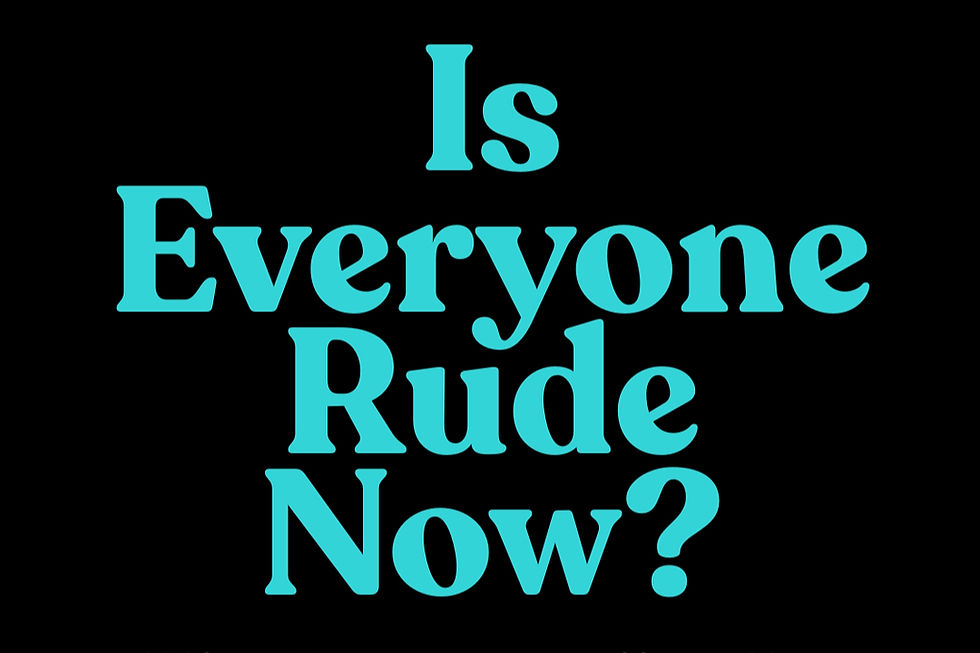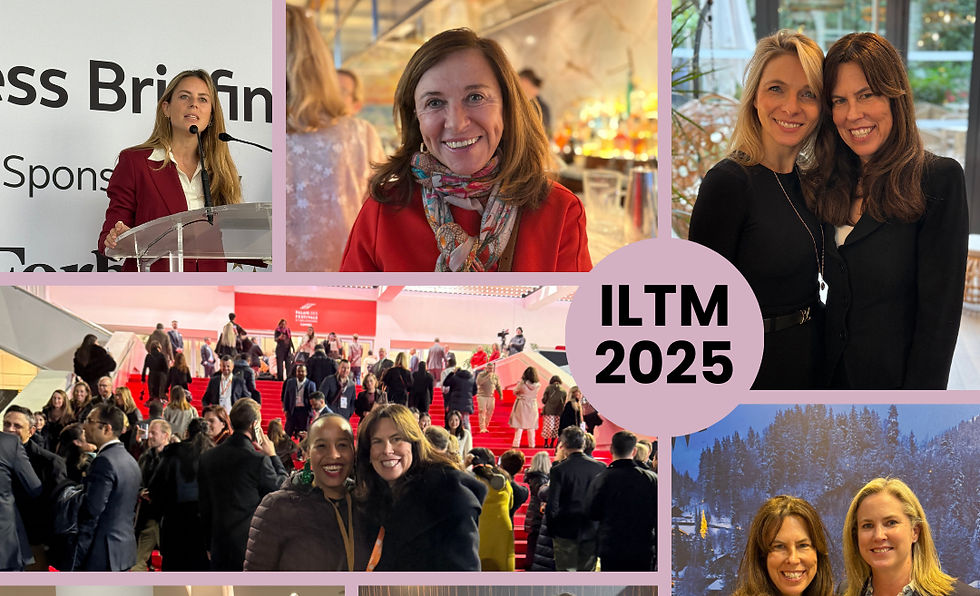Improving Recruitment Practices in Hotels: Part 2
- Stephanie Leger
- Aug 13, 2024
- 4 min read
In the first part of the series, we explored the struggles and frustration of current common poor recruitment practices in hotels. Missed it? Catch up here. Then, read on for some solutions.

Solutions to Improve Recruitment Practices
Solving the issues in the hotel recruitment process requires a multifaceted approach combining technology with human insight and strategic planning. Identifying the weaknesses your organization has in the hiring department comes first. After that, there are several steps that can be taken to optimize processes and improve hiring.
Leveraging AI for Efficiency and Inclusivity
AI can greatly enhance the recruitment process when used correctly. For instance, AI-powered tools can assist candidates in creating effective résumés by guiding them through the process and ensuring their qualifications are presented optimally, increasing their chances of being shortlisted. Designing AI-driven questionnaires that are user-friendly and accessible to all candidates is also a tool that allows recruiters to reach a larger segment of people. AI can also assist in simplifying language and offering voice-recognition options that can accommodate a diverse range of applicants.
Hotels can also use AI to study data from recruiting processes to promote inclusivity in recruitment. By analyzing data from various stages of the recruitment process, AI can identify patterns and potential biases that may disadvantage certain groups of candidates. For example, data analytics can reveal if certain demographics are underrepresented in the applicant pool or if specific stages of the recruitment process have higher dropout rates for particular groups. This information allows recruiters to make informed adjustments to their strategies, such as revising job descriptions, altering interview questions, or implementing targeted outreach programs to attract a more diverse candidate pool.
AI can also use data analytics to create more inclusive job advertisements that align with the hotel’s needs. By analyzing successful job postings, AI can identify inclusive language that attracts a diverse range of candidates, which helps in reducing unintentional biases.
AI Automation for Better Communications
Using AI to automate routine communications greatly improves the candidate experience when implemented effectively. This takes knowing where AI can excel. From the initial application page, having the option to upload a current resume to autofill your hotel’s custom forms will expedite the process and attract more application submissions. Candidates who are applying for multiple jobs want to save time, and if presented with the choice of filling out several pages or uploading their current resume, they will undoubtedly choose the quicker option.
Post-submission, it’s important to have automated acknowledgments to reassure candidates that their applications have been received. Companies can also automate regular status updates, responses to common questions, and interview notifications. For unsuccessful candidates, a common question recruiters get is “Why didn’t I get the job?” or “What can I do better?” AI can be trained to provide constructive feedback for these candidates, helping them to improve their resume for future application and leaving a positive impression about your hotel’s processes.
Personalized Touch to Drive Home Connections
While technology and automation play a critical role in modern recruitment, adding a human touch remains essential for creating a positive candidate experience. Recruiters should prioritize initial phone calls or video chats to introduce themselves and the company, making candidates feel valued and personally engaged. Throughout the recruitment journey, follow-up calls or personalized emails can maintain this connection. Also, consider how the hiring team can meet candidates' busy schedules and do interviews outside of normal business hours.
Another reason the process needs humanizing is to assess candidates’ soft skills and cultural fit for the company. During interviews, incorporating behavioral and situational questions allows recruiters to better understand talent and ensure they align with the hotel’s values and expectations. AI can test for these qualities, but there are many things that will only be captured in person. Additionally, organizing in-person or virtual meet-and-greet sessions with potential team members can help candidates gain a sense of the company culture and foster a sense of belonging even before they are hired. By balancing automation with these personal touches, hotels can build stronger relationships with candidates and make more informed hiring decisions.
Real-Life Experience in Recruitment and Training
While it’s not always possible for recruiters to have worked in every department they’re hiring for, measures should be taken to ensure those conducting front-line interviews have firsthand experience in various hotel roles. Success for the company is directly tied to hiring processes and putting talent where they fit best. It should be mandatory that recruiters spend time in each department training and understanding the roles of employees.
This deeper understanding helps to make informed hiring decisions and design effective training programs, reducing turnover. It’s also important to keep open communication with department leaders to ensure recruitment efforts align with their needs and expectations. This can be done with cross-departmental meetings, setting joint goals, and using software that creates easy data sharing and communication. Educating department heads on the importance of cross-departmental cooperation has a trickle-down effect that not only improves the hiring process but also influences other employees to be more collaborative in their approach, enhancing the overall guest experience.
Recruitment Requires a Careful Balance of Automation + Human Touch
Improving recruitment practices in the hotel industry demands a careful balance of innovative technology and human insight. AI tools can streamline various aspects of recruitment, making the process more efficient and inclusive, but they should never replace the personal touch that candidates value. By fostering collaboration among teams, ensuring transparent communication, and integrating real-life experience into recruitment strategies, hotels can be sure to attract more talent and retain talent longer.
Stephanie Leger is Chief Excellence Officer of First Rate Hospitality, a hospitality training consultancy. Stephanie has trained more than 20,000 hospitality employees in hotel and restaurant operations worldwide, providing countless reviews of operational evaluations. She has 20 years of experience in the hotel industry globally, working with brands such as Ritz-Carlton, Mandarin Oriental, Forbes Travel Guide Inspector, AAA, and others. Stephanie was recognized by HSMAI as a Top 25 Extraordinary Mind in Sales, Marketing, and Revenue Optimization in 2023 and by the International Hospitality Institute as a Top 100 Social Media Influencer. Stephanie is also the co-host of the popular WTF "Walk The Floors" hospitality training podcast. For more information, please visit www.firstratehospitality.com.
.png)


